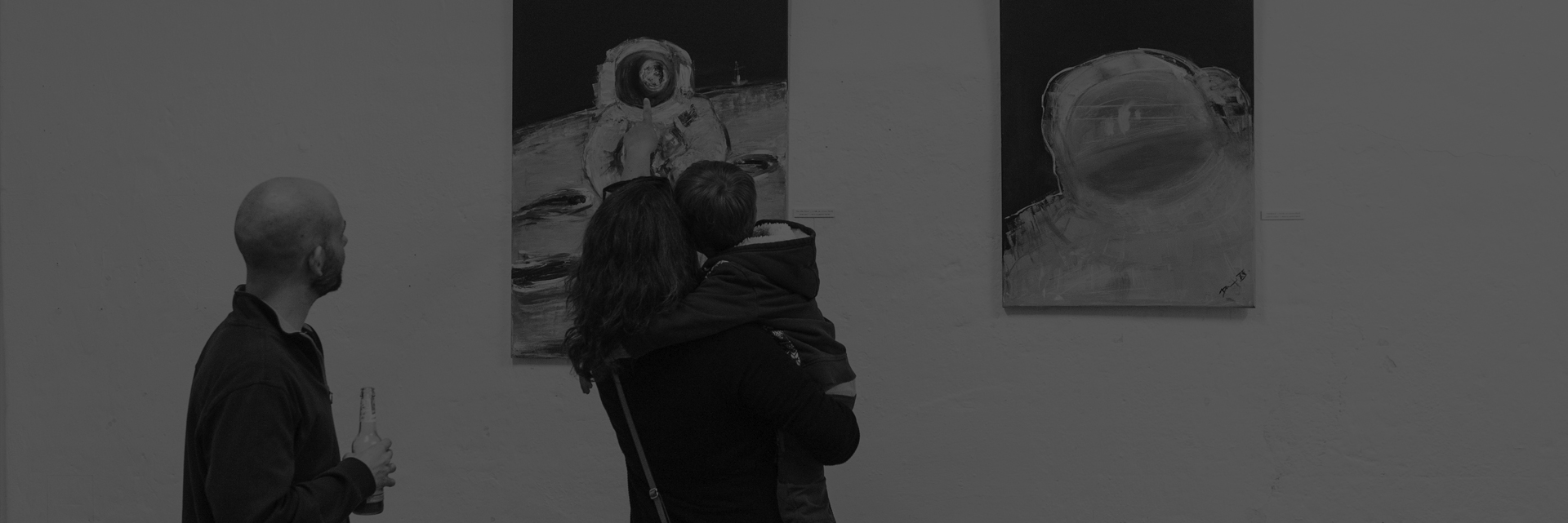






Prague Forum for Romani Histories
Institute of Contemporary History, Czech Academy of Sciences
Institute of Contemporary History, Czech Academy of Sciences
Renata Berkyová
The article deals with the introduction and usage of the terms “Porajmos” and “Holocaust” in the context of Romani history. The analysis of the etymology and use of these terms in Czech and Slovak society make it possible to discuss the perspective through which Romani history is being viewed. Through their unilateral perspectives, these terms simplify the image of Roma and other participants of that persecution and disregard the active Romani figures and local perpetrators who participated in the persecution. The artificial term “Porajmos”, presented as an authentic Romanes-language equivalent of the term “genocide”, does not fully reflect the perspective of the witnesses, but rather activists’ motivations, and the definition of the “Holocaust” does not include Roma, which is not only a question of terminology, but also a reflection of a de facto ignorance of Romani history as part of “great” history. This restriction and adaptation of these terms is not just a reflection of reality, but also can be a construction by and of it
